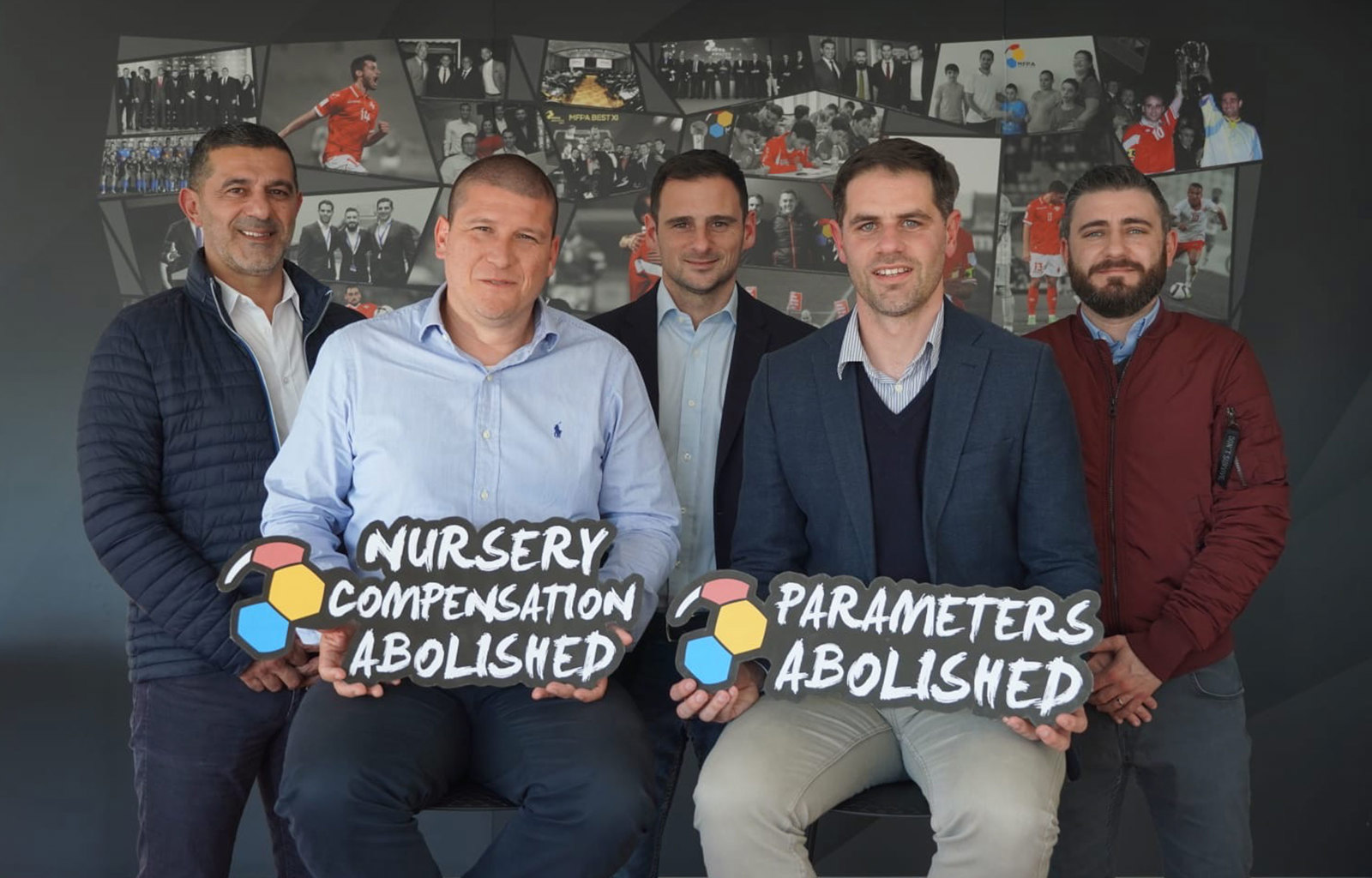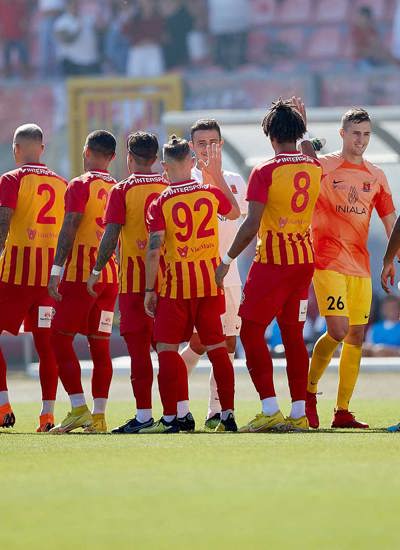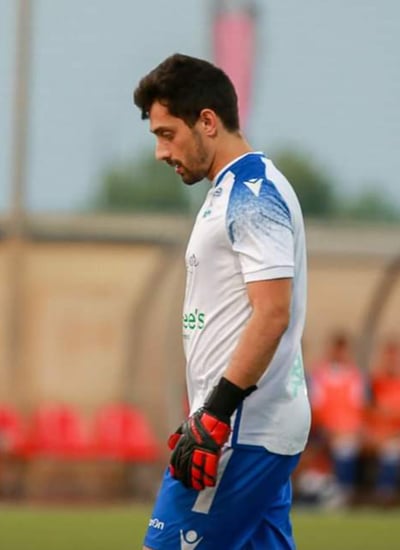
“We joined the rest of the world,” said Carlo Mamo, MFPA General Secretary.
Mamo was still a player when he and two other footballers, Anthony Galea and Gareth Sciberras, established the MFPA in 2011, because they wanted to abolish the existing transfer system, which ruled that Maltese players could only change clubs for a fee, even when their contracts had expired.
In 1995, Belgian player Jean-Marc Bosman won the right to become a free agent, prompting FIFA to change global transfer rules, however Maltese football has continued to be an anomaly.
To change clubs in Malta, players themselves or their new club had to pay up to 30,000 euros, based on parameters such as experience or national team appearances. “Maybe 30,000 euros does not sound as much money in some countries, but clubs on Malta have small budgets,” Mamo said.
It limited opportunities for Maltese players because clubs preferred signing foreign free agent players who could be contracted without a fee. A 2015 survey found 95% of Maltese players demotivated because the lack of free agency restricted their career and earning potential.
SIxty percent had a fulltime job outside of football, only 7% were fulltime professional footballers. ”We still have national team players with a part-time job, which gives them the job security they couldn’t find in football,” said Mamo, who himself is capped 22 times.

Now, MFPA’s nine-year fight is over. Last Monday, the football association (MFA) and the clubs agreed to allow free agency from June 9th. They also abolished regulations which forced youth players (aged 15 to 18) to pay up to 1,500 euro if they changed clubs.
“These two monumental achievements make all our hard work worthwhile,” said Mamo, who quit his playing career in 2015.
“We have been talking with the government, ministers, prime ministers and the European Commissioner to get the rules changed. Things really started moving after FIFPRO and FIFA increased the pressure.”
“We thank all those involved in this, especially MFA officials who formed part of the social dialogue board and the club representatives.”
Mamo expects today’s players to benefit from the rule changes.
“I think more Maltese players will become fulltime professional footballers,” he said.


